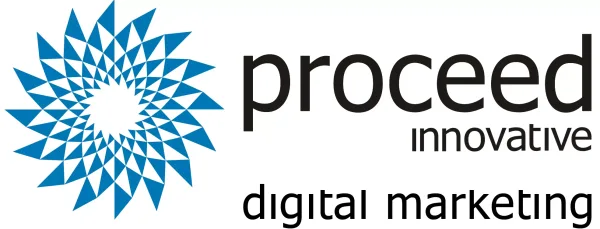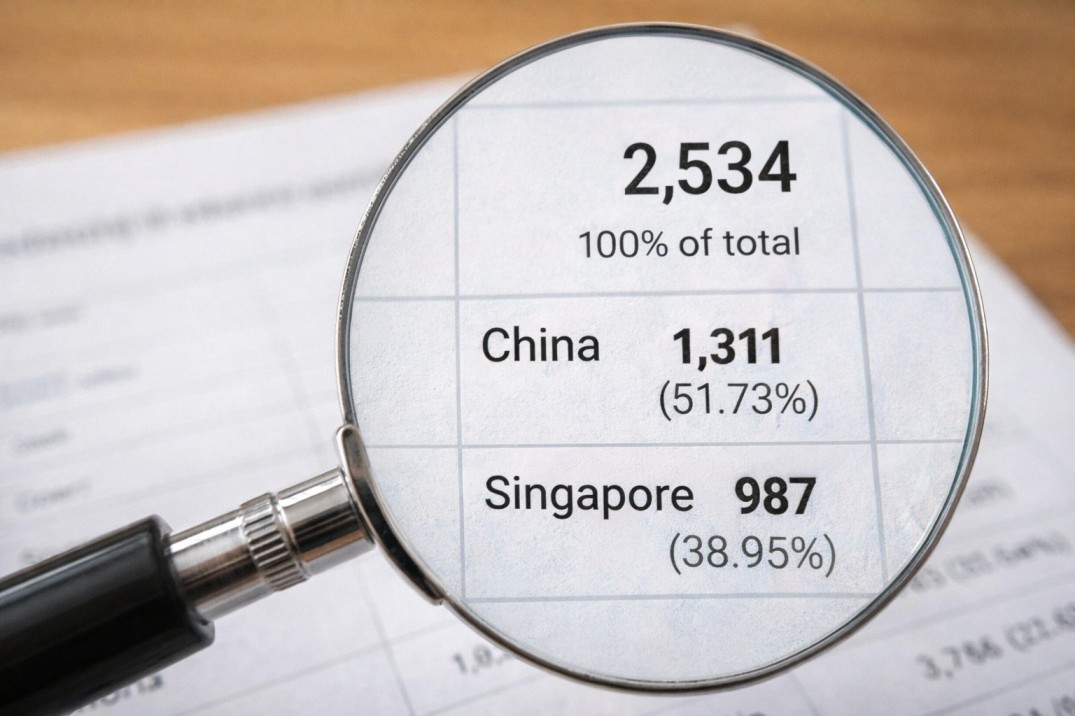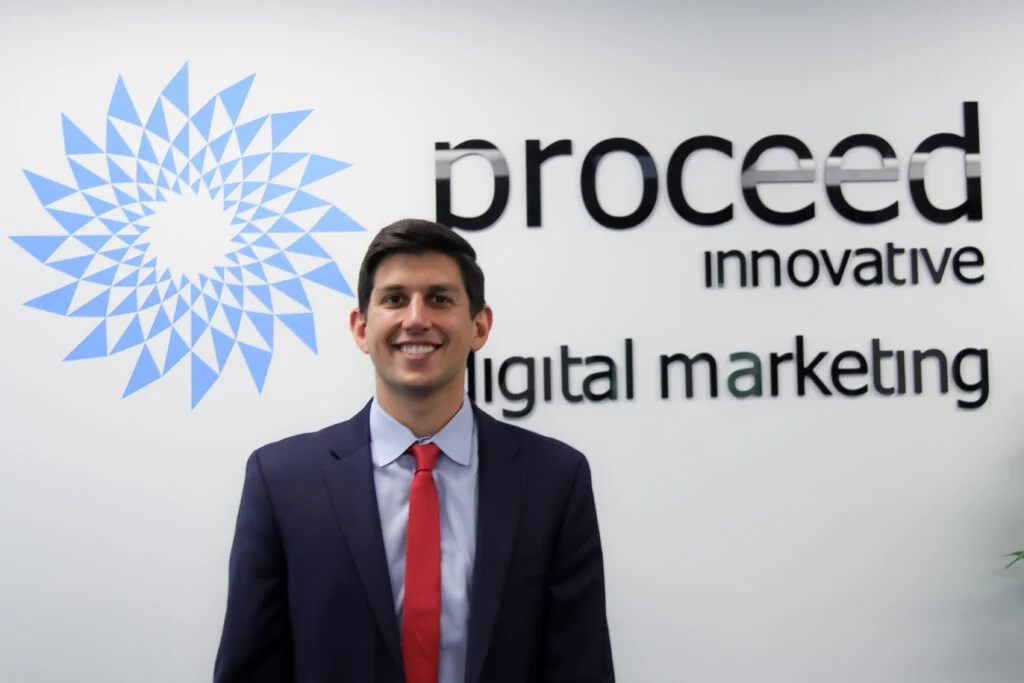Google released the August spam update, impacting search results worldwide. The rollout may take a few weeks to complete.
Highlights
- The August spam update started August 26 and applies worldwide.
- Expect possible ranking and traffic swings during the multi-week rollout.
- Monitor trends in Search Console and stay aligned with Google’s spam policies.
According to the Google Search Status Dashboard, the rollout began on August 26, 2025, at 9:00 AM Pacific Time. This update applies to all languages worldwide and is expected to take a few weeks to complete.
What Google Confirmed
“Released the August 2025 spam update, which applies globally and to all languages. The rollout may take a few weeks to complete.”
Google has not provided specifics on which spam tactics are being targeted. This is typical of spam updates, which are designed to enhance Google’s ongoing spam-fighting systems, including SpamBrain.
Why This Update Matters
This is the first spam update since December 2024 and the first major change following the June 2025 core update. Spam updates are critical because they directly impact how search rankings treat:
- On-site spam: cloaking, doorway pages, thin/AI-generated content, keyword stuffing, hidden text or links.
- Off-site spam: link spam, scraped content, expired domains, or manipulative redirects.
Even if your site doesn’t engage in these practices, you may notice fluctuations in rankings and traffic as the update works through the system.
How to Respond
Since Google hasn’t revealed targeted behaviors for this update, the best course of action is to stay aligned with Google’s spam and quality guidelines.
Here’s what you should do:
- Monitor Search Console Metrics
Track impressions, clicks, and average position. Annotate the update start date so you can compare before/after impact. - Look for Patterns
Focus on consistent movement across queries or page types, not just single URLs. - Avoid Reactive Changes
Rankings may bounce during rollout. Making sudden changes could confuse recovery. - Review Spam Policies
Refresh your knowledge of Google’s spam policies and ensure your content fully complies. - Benchmark Competitors
Compare your performance with close competitors to determine whether shifts are site-specific or industry-wide.
Looking Ahead
Spam updates are a recurring part of Google’s ranking systems, released multiple times per year alongside core algorithm updates. While volatility may occur in the short term, sites that prioritize high-quality, user-first content will be best positioned once rankings stabilize.






